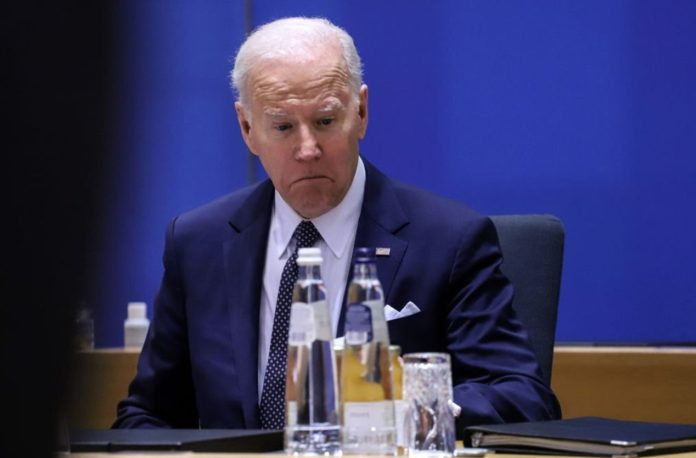Although the worst of the Covid-19 outbreak may have passed, believing that it is no longer a threat will not make it so. In Europe and Asia, a new Omicron subvariant, BA.2, is driving up coronavirus case counts, and specialists estimate it will soon account for the bulk of new cases in the United States. Impact unknown.
On the one hand, a similar strain of the virus has already infected several Americans. BA.2 arrives at a time when people are continuing prepandemic habits, and the Centers for Disease Control and Prevention reports that approximately one-third of Americans have not completed their initial round of vaccines, and more than 70% have not received booster injections.
In the face of this uncertainty, the government would be foolish to curtail its efforts to prevent new cases and assist those who become ill. Yet, as a result of Congress’ recent failure to authorize $15.6 billion in funding for tests, treatments, and vaccines, this is exactly what is happening.
The Biden administration is reducing its attempts to tackle the virus due to a lack of resources. The government announced last week that it would reduce the distribution of highly successful monoclonal antibody treatments by more than 30%, with shipments ending this spring. It also stopped accepting payment claims from uninsured Americans for Covid-19 diagnostics and treatments; vaccine reimbursements would only be accepted until April 5. The government also stated that it lacked adequate cash to place an order for enough vaccine doses to assure that booster shots would be available later this year.
More cash must be approved by Congress right away. The greatest strategy to prevent future waves of infections and preserve the progress made so far toward the end of the outbreak is to ensure that Covid tests, treatments, and vaccines are readily available.
If enough public support is not maintained, Americans will be forced to rely more on their own resources. In fact, the United States is reverting to its previous health-care approach: individuals with money and insurance will be able to undergo tests and treatments, while those without will not. A single dosage of monoclonal antibody treatment can cost upwards of $2,000, and even the comparatively low cost of test kits or immunizations can deter people from adopting the minimum precautions that are required to protect themselves and others.
A package to fund the government that was passed earlier this month includes $15.6 billion in Covid aid, which would have covered a large portion of the administration’s $22.5 billion request. However, because House Democrats were unable to resolve an internal disagreement, the funds was withdrawn. Some Democrats objected to the bill, claiming that the government should provide new financing instead of repurposing existing funds from previous rounds of Covid aid.
Democrats will need the backing of at least ten Senate Republicans to pass a new measure, and those who are most receptive want to use funds from previous appropriations.
That should be a non-issue. In the last two years, states have received more federal cash than they know what to do with; some state coffers are overflowing. Georgia Governor Brian Kemp signed legislation this week that will provide up to $500 to Georgia households to aid with rising food, gas, and other necessities costs. Several other states, notably California, are considering similar excess cash handouts. However, while increasing prices are a serious concern for many Americans, governments must remain focused on preventing further Covid-19 outbreaks, which might be far more costly.
A portion of the funds proposed by the Biden administration, for example, was designated to assist low-income countries in combating the coronavirus. The United States has a moral obligation to provide this humanitarian relief, and supporting other countries has diplomatic benefits. Furthermore, it will assist the entire world in getting closer to the end of the pandemic. Allowing the virus to propagate unchecked in some regions of the world raises the likelihood of new varieties developing and spreading.
It’s worth noting that much of what the Biden administration wants shouldn’t necessitate emergency money. The United States should continue to fund public health, particularly resources for monitoring infectious diseases and developing new vaccines and treatments, in the same way that it funds other elements of national defense. The pandemic highlighted the huge flaws in the nation’s public health infrastructure, which were caused by the same kind of shortsightedness now on show.
Image Credit: Getty
You were reading: US grapples with COVID tests and vaccines as fund shortage looms
